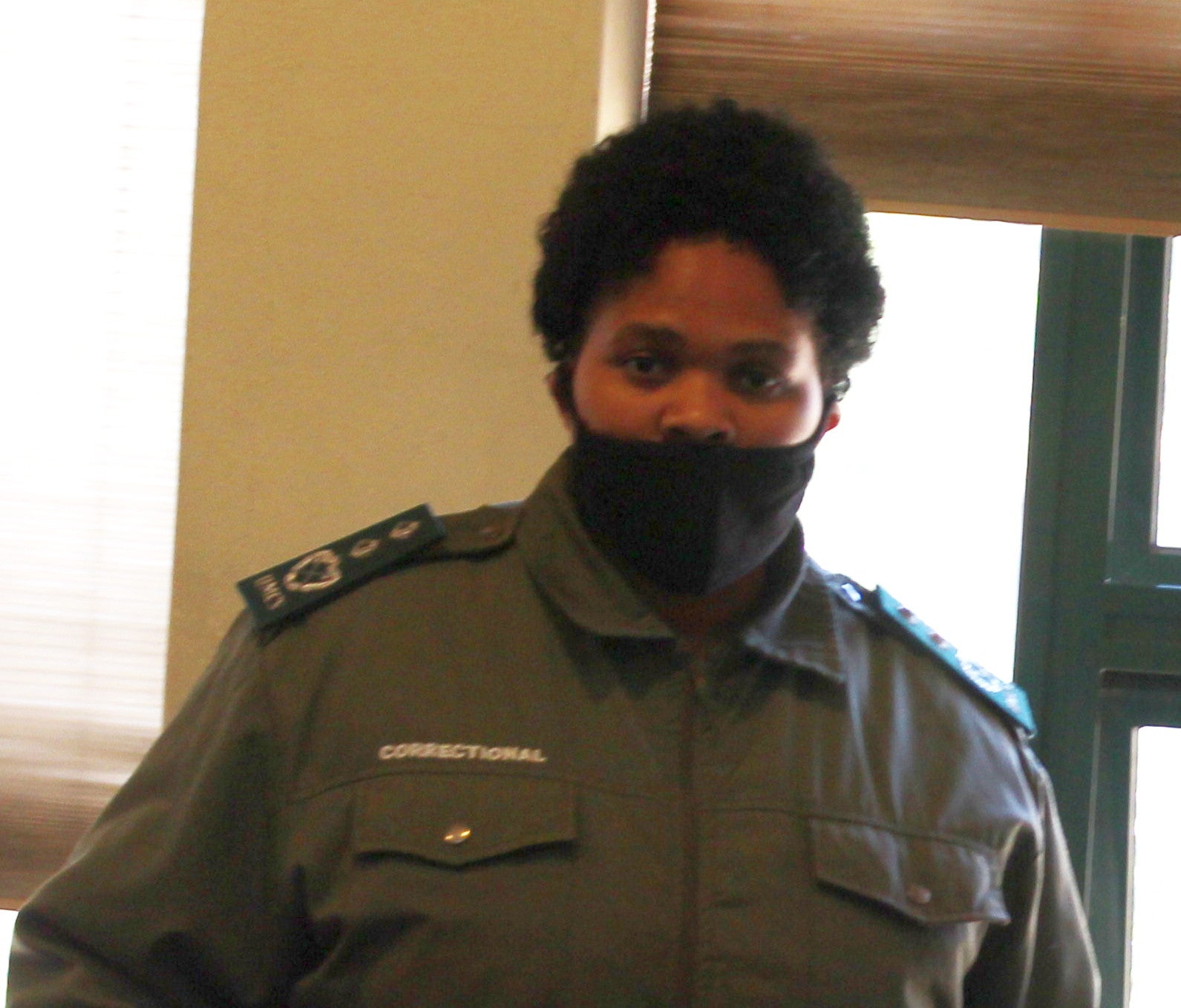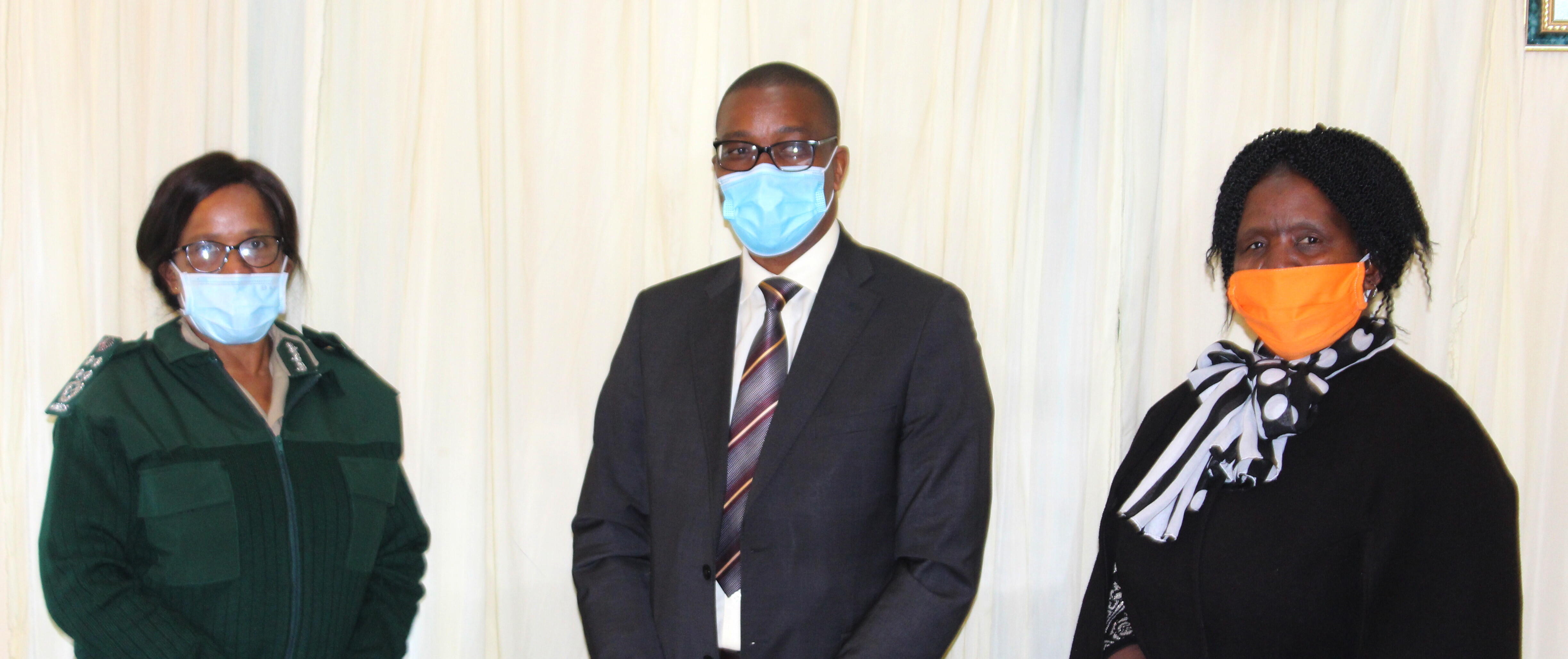“It’s a very helpful programme. As we know, some parents do not teach their children on topics like coping with emotions or communicating effectively with others,” said 25 year old Beauty Khumalo on hearing about the life skills education project for adolescents in correctional centres.
Khumalo, who is a former student of Vulamasango School in Mawelawela Correctional Centre, further said that she would benefit a lot from such a project.
”I would welcome that opportunity with both hands,” she added.
Before the COVID-19 pandemic in Eswatini, adolescents in Correctional facilities would, on a weekly basis, attend group sessions where they would learn about topics such as problem solving, self-awareness as well health through the Life Skills Education programme implimented by the Family Life Association of Eswatini (FLAS) with support from Volunteer Service Overseas (VSO).
This programme reached hundreds of adolescents, which constitute 0.7% of Eswatini Prison Population estimated at 3776 in September 2019. However, when COVID-19 came, the project was abruptly interrupted, as entry to the facilities was banned in fear of exposing the adolescents to the pandemic.
Subsequently, the Family Life Association of Eswatini invited UNFPA to a meeting with the Correctional Services Commissioner General Phindile Dlamini. Held at the Correctional Services Headquarters in Mbabane on Monday 20th July 2020, the meeting aimed at establishing partnership, between the 3 entities, for delivering sexual reproductive health and life skills education to the adolescents in the correctional facilities.
The Commissioner General highlighted the disruption caused by COVID-19 in the provision of Life Skills Education within the correctional centres.
“As a safety precaution, entry at our facilities has been banned," Dlamini stated. "That’s a huge problem as it also prevents the delivery of important services to the young people inside,” she continued.
UNFPA Head of Office Margaret Thwala-Tembe acknowledged the need for continuity of adolescents’ sexual and reproductive health services in the current COVID-19 period.
“We have to be innovative because sexual reproductive health services and information delivery should not stop for pandemics. In this new normal, our mandate of reaching those further left behind is heightened,” Thwala-Tembe said. “We appreciate this opportunity. It will ensure that these essential services continue being delivered to the young people in the juvenile settings. We are mindful of the need to ensure service continuity without exposing the adolescents to the risk of COVID-19.”
Bongani Msibi, the Acting Executive Director for FLAS, described the working relationship between UNFPA and FLAS in Eswatini as a long existing one. He said it dates back to a time, when UNFPA and the International Planned Parenthood Forum (IPPF) shared a common vision of enabling youth access to youth friendly services. Fortunately, this common vision, he said, continues to live on in Eswatini between UNFPA and FLAS, who also, is a member of IPPF. The two organisations work together to safeguard sexual and reproductive health and rights of adolescents. This meeting therefore, was about extending services to adolescents in closed settings.
“The partnership with Correctional Services is more of a game changer,” Msibi noted. “The children in correctional facilities are the same young people we work with. This partnership therefore, ensures that they are not left behind in terms of sexual and reproductive health services,” added the Acting Director.
The meeting came at a time where the world including Eswatini are faced with the COVID-19 pandemic which had evolved from health crisis to more of a humanitarian crisis. Eswatini, at the time of this meeting, had 1826 confirmed COVID-19 cases, with about 25% (564) of these cases being young people between 10 and 29 years. Part of this group is targeted by the life skills education (LSE) project at Correctional facilities.

CONCERNED: Khanyisile Dlamini from the Correctional Services expressed her concern on the increasing number of adolescent being incarcerated during the COVID-19 period.
In elaborating the major challenge they are faced with, Khanyisile Dlamini from Mawelawela Correctional Services said, “Through the previous project, supported by Volunteer Services Overseas, we managed to identify and train peer educators. They are well equipped to conduct the group sessions now.”
As noted with other pandemics faced before, the impact become escalated if essential services are stopped. To prevent such an escalation in Eswatini, ways to adapt to the new normal need to be utilised.
“Now that gatherings are banned, peer educators cannot continue with the LSE group sessions. However, the demand has not stopped. That’s why we need equipment like projectors or television sets. With these, we can use recorded sessions to continue with the LSE group sessions” Dlamini added.
Speaking on the importance of the life skills education to the adolescents, Psychologist Thobile Ntshalintshali shared her concern on the increasing number of adolescents in juvenile facilities during the pandemic.
“What worries us most is that our intake has not stopped for this pandemic,” said the concerned Ntshalintshali. “It seems like we are even getting more young people during this period. This increases the demand for the LSE group sessions. This is helpful as we try to rehabilitate the child in preparation for going back to the community once their sentence has elapsed,” Ntshalintshali concluded.


